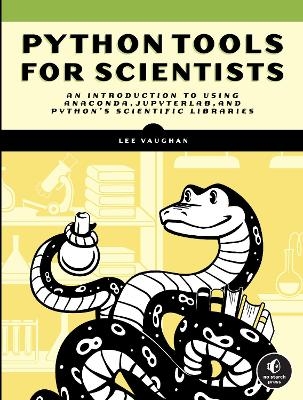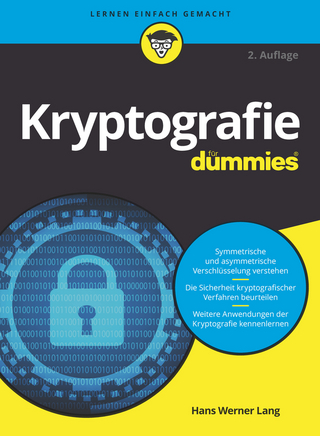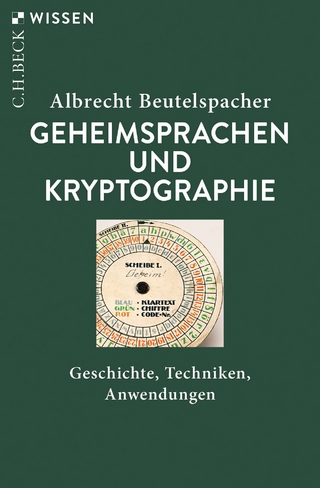
Python Tools for Scientists
No Starch Press,US (Verlag)
978-1-7185-0266-6 (ISBN)
Lee Vaughan is a programmer, pop culture enthusiast, educator, and author of Impractical Python Projects and Real-World Python (No Starch Press). As a former executive-level scientist at ExxonMobil, he spent decades constructing and reviewing complex computer models, developed and tested software, and trained geoscientists and engineers.
Introduction
Part 1: Setting up for Science
Chapter 1: Installing Anaconda and Launching Navigator
Chapter 2: Keeping Organized with Conda Environments
Chapter 3: Simple Scripting in Jupyter Qt Console
Chapter 4: Serious Scripting with Spyder
Chapter 5: Jupyter Notebook: An Interactive Journal for Computational Research
Chapter 6: JupyterLab: Your Center for Science
Part 2: Python Primer
Chapter 7: Integers, Floats, and Strings
Chapter 8: Variables
Chapter 9: The Container Data Types
Chapter 10: Flow Control
Chapter 11: Functions and Modules
Chapter 12: Files and Folders
Chapter 13: Object Oriented Programming
Chapter 14: Documenting your Work
Part 3: The Scientific and Visualization Libraries
Chapter 15: The Scientific Libraries
Chapter 16: The InfoVis and SciVis Visualization Libraries
Chapter 17: The GeoVis Libraries
Part 4: The Essential Libraries
Chapter 18: Numpy: Numerical Python
Chapter 19: Demystifying Matplotlib
Chapter 20: Pandas, Seaborn, and Scikit-learn
Chapter 21: Managing Dates and Times with Python and Pandas
Appendix A: Answers to the "Test your Knowledge" Challenges
| Erscheinungsdatum | 05.01.2023 |
|---|---|
| Verlagsort | San Francisco |
| Sprache | englisch |
| Maße | 177 x 234 mm |
| Themenwelt | Informatik ► Theorie / Studium ► Kryptologie |
| Mathematik / Informatik ► Informatik ► Web / Internet | |
| ISBN-10 | 1-7185-0266-4 / 1718502664 |
| ISBN-13 | 978-1-7185-0266-6 / 9781718502666 |
| Zustand | Neuware |
| Informationen gemäß Produktsicherheitsverordnung (GPSR) | |
| Haben Sie eine Frage zum Produkt? |
aus dem Bereich


